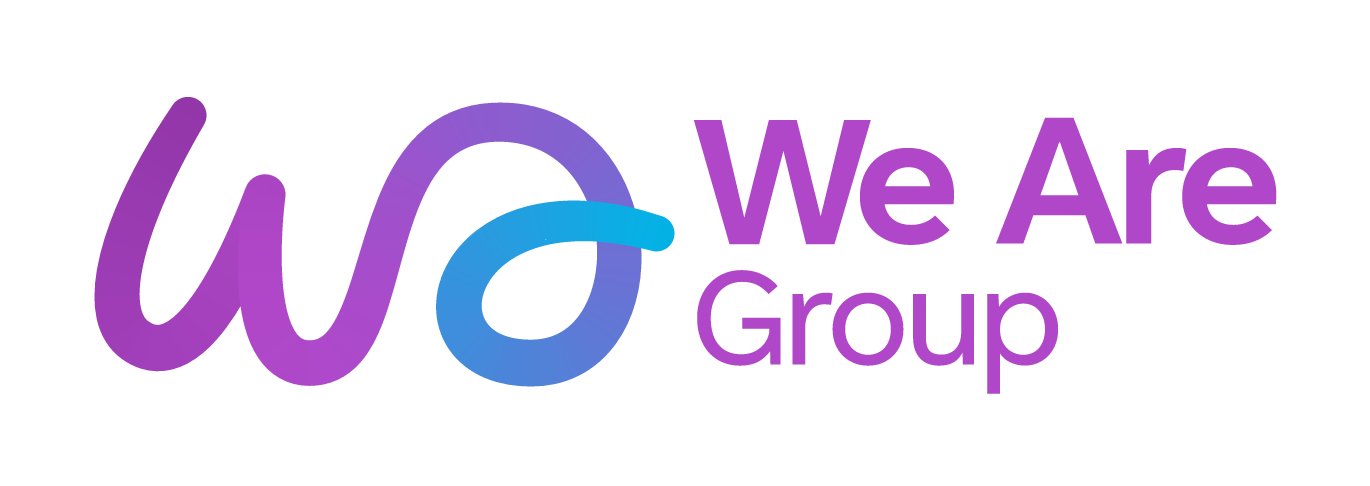In a world where digital technology plays an increasingly vital role in everyday life, ensuring digital inclusion for all has never been more important.
The Digital Inclusion All-Party Parliamentary Group (APPG) recently hosted a roundtable to discuss strategies for a long-term settlement on digital inclusion in the UK. Led by Julie Elliot MP, the discussion touched on the crucial need for funding to embed digital inclusion in the UK. There was also a focus on the steps that need to be taken to ensure that everyone has access to digital resources and the necessary skills to use them effectively.
The following gives you an insight into some of the thought-provoking points raised during the roundtable.
A Unified Approach
One of the key realisations from the discussion was the importance of funding. Simply put, we know what steps need to be taken to enhance digital inclusion - we know that we need to improve access, upskill people, and provide the necessary equipment. However, these measures require adequate funding to be effectively implemented.
The importance of a unified approach to secure and spend this funding is vital. To address the issue of digital exclusion, there needs to be a joint strategy involving combined leadership to secure funding and enable the delivery of digital skills.
At We Are Group, we understand the importance of a unified approach in addressing digital exclusion. We work closely with our clients, including government departments, local authorities, housing associations and corporate companies, to deliver Digital Skills Training programmes. These training programmes are then delivered in local communities via our Community Partner Network, joining the dots of welfare delivery and funnelling funding directly to where it’s needed.
The Past and the Future
The last Labour government, which was in power from 1997 to 2010, was a strong advocate for digital inclusion. They funded the ‘University for Industry’ as part of their policy for education and training and were instrumental in the digital switchover for televisions that took place during their tenure. They championed the concept of "fattening the pipes", which involved streaming educational content through television. This was a novel approach to upskilling, using the TV as a tool for learning. This can be seen as the origin of online learning providers, a concept that has grown exponentially in recent years.
While the Labour government made significant strides towards digital inclusion, they did not fully resolve the issue.
In an attempt to “fix” the digital divide, recent government introduced statutory entitlement for essential digital skills in 2020 (gov.uk). In addition to Maths and English entitlement, essential digital skills was aimed at adults with no or low digital skills.
Whilst this was a step in the right direction, those who would be eligible for statutory essential digital skills are the least likely to engage in the qualification or course. This is because individuals with low or no digital skills typically don’t have any formal qualifications and are therefore unlikely to partake in a digital skills college course or qualification (UK Consumer Digital Index 2022).
On this basis, the future of digital skills training should not be qualification oriented. It should simply involve the delivery of digital skills to those who need it; an approach that We Are Group champions and delivers via our Digital Skills Training programmes.
Digital and Educational Inclusion
Digital and educational inclusion are closely interconnected, as the ability to access, understand, and use digital technology significantly impacts the access and quality of education a person can receive. In today's technology-driven world, being digitally literate is as essential as traditional literacy. Digital inclusion ensures that all people, regardless of their socio-economic backgrounds, have access to the digital tools, skills, and resources necessary to succeed in modern education.
This is why Digital Skills Training is so critical. It helps bridge the digital divide, empowering individuals to fully participate in the digital world, enhance their learning, and broaden their opportunities. Without digital inclusion, a significant number of people would be left behind in education and the workforce, exacerbating social and economic inequalities.
As a social impact company, we're proud to collaborate with the Digital Inclusion APPG to encourage and address digital inclusivity. Our work doesn't just stop at raising awareness; we're committed to taking practical steps to bridge the digital divide.
Through our partnerships and programmes, We Are Group deliver the necessary skills, education, and technology to ensure no one gets left behind.
By Julia Chippendale, Head of Business Development at We Are Group.



